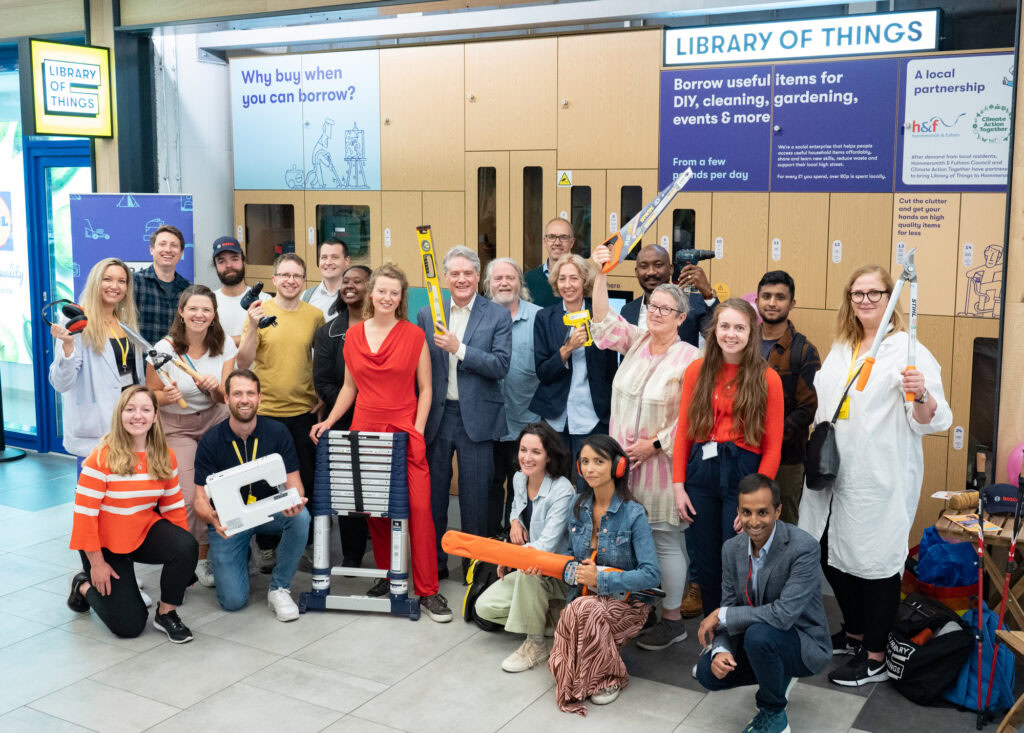Iain Gulland made the comments whilst delivering the Kit Strange Memorial Lecture to invited delegates in Westminster yesterday (January 15) – in honour of the late founder of the Resource Recovery Forum.

Mr Gulland paid tribute to Mr Strange’s role in driving the debate on issues around waste and resources, describing him as the ‘thought leaders’ thought leader’.
Turning to current issues, he said that ‘high level’ work on the circular economy needed to be translated into steps that could be understood on a practical level by businesses to counteract ‘cynicism’ of the concept that may arise.
The concept of a circular economy – which has become a favoured theme amongst academics and speakers in recent years – relates to use of resources and the production of goods in a way that reduces waste, or encourages reuse or recycling. One criticism is that the debate often focuses on the abstract concept itself, without offering practical steps for businesses.
Opportunities
Mr Gulland said: “When it comes to the circular economy, for all of the high level work to identify the opportunities, I think there is still work to do to drive the kinds of changes we want to see. I’m not sure anyone has made it into something that can resonate with decision makers at a local level. If we can’t make this real for people it won’t get the buy-in it needs. I detect a sense of cynicism when we broach this.”
His comments came ahead of the publication of a joint report by Zero Waste Scotland and the Green Alliance today which seeks to identify the opportunities for circular business models within the oil and gas, food and drink and finance sectors in Scotland.
Mr Gulland said that the document would “fire the starting gun” on six months of debate around where there are opportunities to encourage businesses to change their practices.
Recommendations
Among the recommendations in the report is the reuse of pipelines from decommissioned offshore oil and gas infrastructure for use in carbon capture and storage.
[testimonial id = “160” align=”right”]
On policy more broadly, Mr Gulland commented that political stability had been a key factor in the development of a waste strategy within Scotland.
“We have had the same cabinet secretary since 2007. We have had a number of visionary civil servants. We have had a record of positive engagement with industry. From this position of strength we have an obligation to keep strengthening our goals and horizons.”
He also called for the establishment of a regulatory body to similar to those governing the gas or water industries to ensure that standards are enforced across the waste industry to give ‘confidence’ to end-markets.
He added: “The key challenge I still see is how the industry beds in its own standards.
“There are two things I am interested in here – one is proving how the market works and the second is the expectations customers have of our industry. There should be a resources grid similar to the water and gas industries – ‘Ofwaste’ to go with Ofwat and Ofgem.”








Subscribe for free